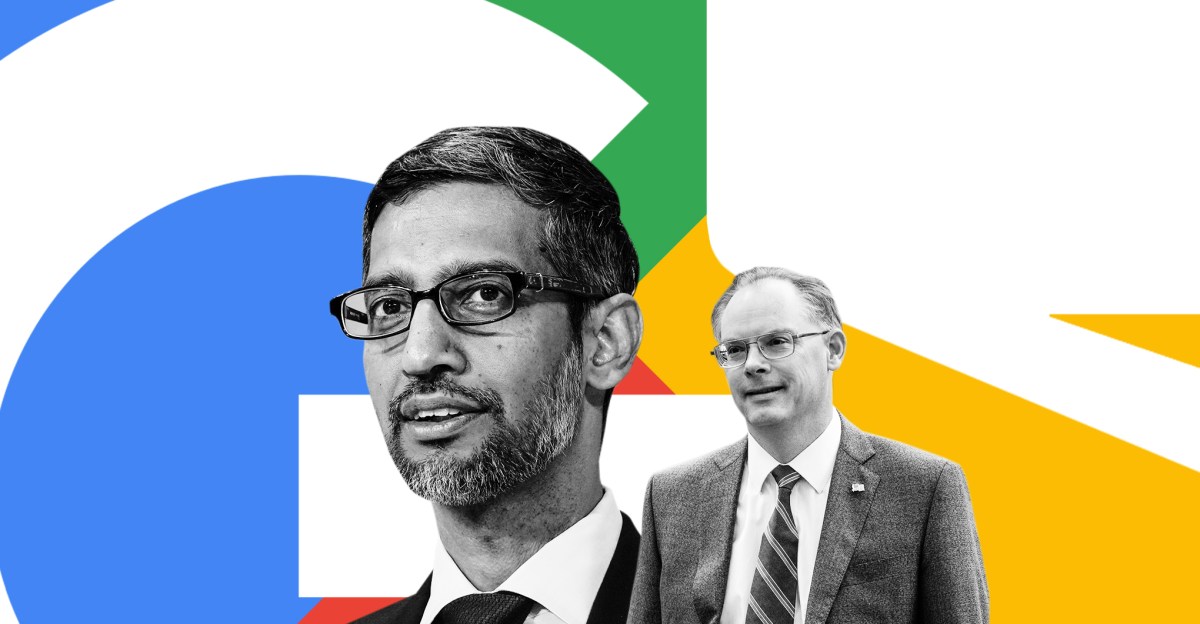Supreme Court Order Limits Google’s Play Store Practices in Epic Antitrust Case

Key Points
- Supreme Court injunction limits Google’s Play Store conduct for three years ending November 1, 2027.
- Google cannot tie revenue sharing, payment terms, or access to services to developers’ distribution choices.
- The order bans mandatory use of Google Play Billing and blocks restrictions on communicating alternative payment methods.
- Google is prohibited from requiring pre‑installation of the Play Store in a specific location on Android devices.
- A three‑person Technical Committee, appointed by the parties, will resolve disputes under the order.
- Developers may now link to and promote app downloads outside the Play Store without penalty.
- Both Google and Epic Games will each select a committee member; the two members will choose the third.
- The injunction aims to increase competition in the Android app ecosystem.
The U.S. Supreme Court has issued a preliminary injunction that restricts Google’s conduct in the Google Play Store for a three‑year period ending on November 1, 2027. The order bars Google from tying revenue sharing, payment terms, pre‑installation, and billing requirements to developers’ distribution choices, and it prevents the company from blocking communication about alternative payment methods or app availability outside the Play Store. Both Google and Epic Games will each appoint a member to a three‑person Technical Committee to resolve disputes arising under the order.
Background and Scope of the Injunction
The Supreme Court’s temporary order stems from Epic Games’ antitrust lawsuit against Google, alleging that the tech giant’s Play Store policies unlawfully restrict competition. The injunction applies for a three‑year period that ends on November 1, 2027, and directly targets Google’s ability to condition access to its services on developers’ actions.
Key Restrictions on Google
Under the order, Google may not share revenue generated by the Play Store with any person or entity that distributes Android apps, nor may it require developers to launch an app first or exclusively in the Play Store. The company is also prohibited from conditioning payment, revenue share, or access to any Google product or service on an agreement that prevents developers from releasing a version of an app on a third‑party Android app distribution platform, or from including features not available in the Play Store version.
Google cannot require the Play Store to be pre‑installed in a specific location on Android devices, nor can it mandate the use of Google Play Billing for apps distributed through the Play Store. The order explicitly allows developers to communicate with users about alternative payment methods, to set their own prices regardless of billing method, and to provide links for downloading apps outside the Play Store.
Technical Committee for Dispute Resolution
Within thirty days of the order, the parties will recommend a three‑person Technical Committee to the Court. Epic and Google each select one member, and those two members choose the third. The committee will review disputes or issues related to the technology and processes required by the injunction. If the committee cannot resolve a matter, a party may seek a Court resolution. The committee cannot extend any deadline set in the order, though it may recommend that the Court accept or deny a request for an extension. Each party will pay the fees for its designated member, while the third member’s fees will be shared equally.
Implications for Developers and the Market
The order opens the door for developers to explore alternative distribution channels and payment systems without fear of retaliation from Google. By preventing the company from imposing restrictive conditions, the injunction aims to foster greater competition in the Android app ecosystem. The establishment of a Technical Committee provides a structured mechanism for handling compliance issues, potentially reducing prolonged litigation.
Overall, the Supreme Court’s action represents a significant check on Google’s control over its Play Store, aligning with broader antitrust efforts to curb monopolistic practices in digital markets.